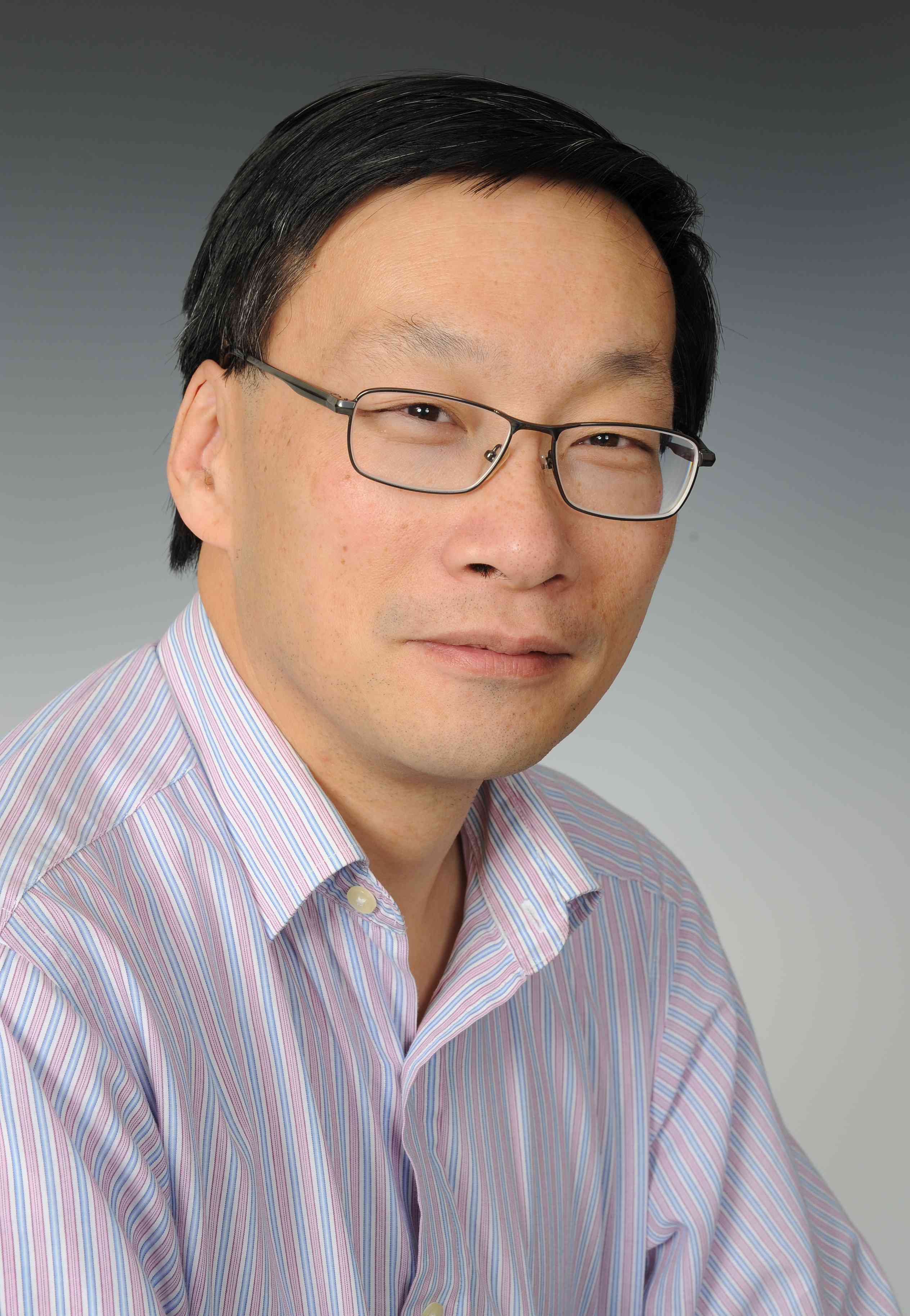Doing a PhD
General information
All general information can be found by clinking links in the School's
postgraduate home page,
where you can also find projects on offer. For my group, I encourage students to talk widely with others after they arrive, and then we can shape a project to suit their interests. Thus, at
the application stage, it is only really necessary to have some idea about which of my three broad research areas grabs you most: particulate rheology, self-propelled particles (synthetic
and living, including bacteria), and bacterial colonies.
The School's postgraduate contact is
Jane Patterson, to whom all general enquiries should be directed.
UK students
UK students are usually funded by studentships from the
EPSRC, which are awarded via the School on a competitive basis. Apart from applying directly
to us, you should also consider applying for a 4-year PhD integrated with industrial training with the
Soft Matter and Functional Interfaces (SOFI) EPSRC Centre for Doctoral Training, run
by jointly by Durham, Leeds and Edinburgh.
Rest of the EU
Note that an EPSRC studentship can only be used to pay the fees of students from the rest of the EU. Otherwise see below.
Rest of the world
The major source of competitive scholarships is with the
Scottish Universities Physics Alliance,
typically with an end-of-January deadline for September entry. Information on awards for specific regions of the world
can be found
here.
